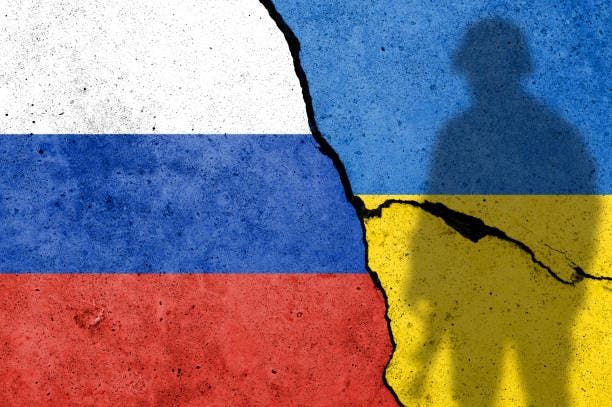The US President’s economic sanctions against Russia include cutting off more than half of Russia’s high-tech product imports. The purpose is to prevent the supply of high-tech products used in aerospace and navigation. However, the sanctions are not to prevent the consumption or supply of electronic products. Furthermore, there are reports that international semiconductor manufacturers including TSMC have stopped supplying to Russia.

The industry expects that the suspension of cooperation with Russia by major semiconductor manufacturers will have a greater impact on local ASIC chip design factories. The "Washington Post" mentioned that the chips that TSMC no longer manufactures are related products of the Russian ASIC chip manufacturer, Elbrus. While Elbrus-related products are used less locally in Russia, most of Russia's main dual-use core CPUs still use Intel platforms.
The industry believes that according to the relevant chip design drawings previously released by Elbrus, the production, manufacturing, and procurement sources of Russian semiconductors are the United States, Taiwan, and China, and most of them are mature processes.
According to data from the World Semiconductor Trade Statistics (WSTS) organization, although the sanctions may have a great impact on Russia, Russia has never been an important direct consumer of semiconductors. The intercontinental country accounts for less than 0.1% of global chip purchases. Therefore, relatively speaking, the impact on the operation of semiconductor companies is relatively limited.
TSMC will cut off chip supply to Russia
Taiwanese chip maker, TSMC currently accounts for 55% of the global foundry market. Adding other Taiwanese foundries to TSMC, they collectively account for no less than 65% of the global foundry market. In addition, Samsung's foundry market share is around 17%, second only to TSMC. UMC and GF (Global Foundries) each have about 7% market share. The combined market share of SMIC and Hua Hong is about 6%.
Most of these companies are now under obligation to obey the sanctions on Russia by their countries. China is yet to issue any sanctions but Taiwan and the U.S. have. Thus, the major part of the chip market will not do business with Russia for now.
Earlier, the US President announced a new round of sanctions against Russia today. In addition to imposing sanctions on Russia's largest banks and state-owned enterprises, it will also limit Russia's ability to trade with US dollars, euros, pounds, and yen. The likes of Google Pay and Apple Pay are no longer functional. Furthermore, it will freeze all Russian assets in the United States. The U.S. will also control and limit high-tech export.






Place comments
0 Comments
You are currently seeing only the comments you are notified about, if you want to see all comments from this post, click the button below.
Show all comments